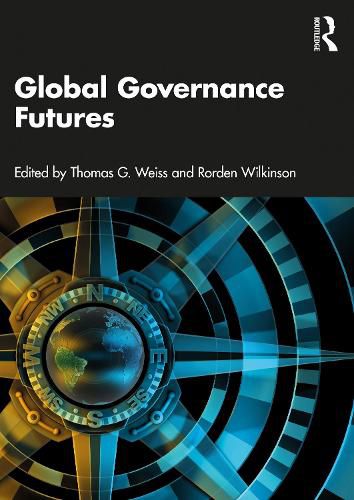Readings Newsletter
Become a Readings Member to make your shopping experience even easier.
Sign in or sign up for free!
You’re not far away from qualifying for FREE standard shipping within Australia
You’ve qualified for FREE standard shipping within Australia
The cart is loading…






Devised to accompany and complement International Organization and Global Governance this title will engage advanced undergraduate and graduate students taking more specialized courses in international relations generally, and those pursuing coursework in international organization, law, and political economy.
Offers a comprehensive overview of all the current ‘hot topics’ - Food, Climate, Covid-19, Cities, Cybersecurity, Human Rights.
Pushes beyond the traditional fare of global governance studies and invites readers to adopt both a backward- and forward-looking view of global governance, to think through the future trajectory of world order.
Chapters are situated in deep and rich historical contexts. The historicism prevalent throughout is a key strength because it forces readers to consider whether the present era is a historical breaking point between world orders. The editors remind readers of the value of taking the long view, and challenge contributors (and by extension, students) to come up with new theories or ideas for continuity and change in global governance.
$9.00 standard shipping within Australia
FREE standard shipping within Australia for orders over $100.00
Express & International shipping calculated at checkout
Devised to accompany and complement International Organization and Global Governance this title will engage advanced undergraduate and graduate students taking more specialized courses in international relations generally, and those pursuing coursework in international organization, law, and political economy.
Offers a comprehensive overview of all the current ‘hot topics’ - Food, Climate, Covid-19, Cities, Cybersecurity, Human Rights.
Pushes beyond the traditional fare of global governance studies and invites readers to adopt both a backward- and forward-looking view of global governance, to think through the future trajectory of world order.
Chapters are situated in deep and rich historical contexts. The historicism prevalent throughout is a key strength because it forces readers to consider whether the present era is a historical breaking point between world orders. The editors remind readers of the value of taking the long view, and challenge contributors (and by extension, students) to come up with new theories or ideas for continuity and change in global governance.